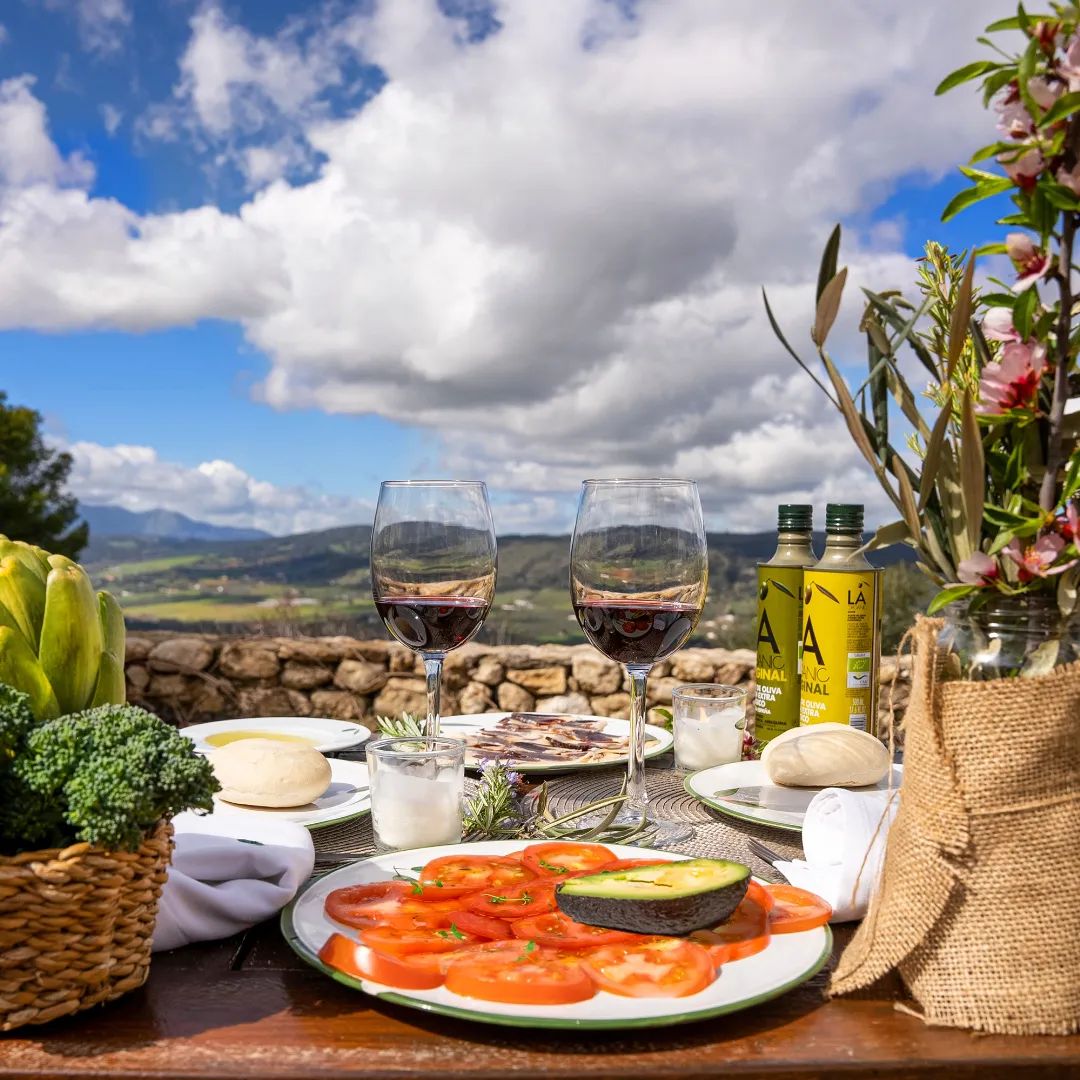Best Farm Tours in Spain

Farming in Spain is diverse and deeply rooted in the country’s culture and history. Here are some key aspects and types of farms you can find across the nation:
Olive Farms
Spain is the world’s largest producer of olive oil, and Andalusia is the heart of this production. Olive farms, known as “olivares,” cover vast landscapes, especially in regions like Jaén and Córdoba.
- Jaén: Often referred to as the “olive oil capital of the world,” it produces a significant portion of the world’s supply.
- Tours and Visits: Many olive farms offer tours that include walks through the groves, visits to production facilities, and tastings of various olive oils.
Vineyards
Spain has numerous wine-producing regions, each with unique characteristics and varietals.
- La Rioja: Famous for its red wines, particularly Tempranillo. Visitors can tour vineyards and wineries, participate in wine tastings, and learn about winemaking processes.
- Ribera del Duero: Known for robust red wines, this region offers similar vineyard tours and tastings.
Almond and Fruit Farms
Spain is also a leading producer of almonds and other fruits, particularly in the Mediterranean regions.
- Valencia: Notable for its citrus groves, especially oranges and lemons. Valencia’s climate is ideal for growing these fruits, and farm tours often include tastings and insights into cultivation techniques.
- Mallorca: The island is famous for its almond blossoms and produces a variety of nuts and fruits.
Livestock Farms
Livestock farming is prevalent, particularly in rural areas where traditional methods are still practiced.
- Iberian Pig Farms: Located mainly in Extremadura and Andalusia, these farms produce the famous Jamón Ibérico. The pigs are often free-range and fed a diet of acorns, which gives the ham its distinctive flavor.
- Sheep Farms: Particularly in Castile and León, these farms produce high-quality lamb and sheep’s milk cheese, such as Manchego.
Organic and Sustainable Farms
There is a growing trend towards organic and sustainable farming in Spain, with an increasing number of farms adopting these practices.
- La Vera: This region in Extremadura is known for its organic paprika production. Farms here often follow sustainable practices and offer educational tours.
- Catalonia: Several farms in this region are dedicated to organic farming, producing a range of vegetables, fruits, and livestock products.
Agrotourism
Many Spanish farms are now part of the agrotourism movement, welcoming visitors to experience farm life, participate in agricultural activities, and enjoy farm-to-table meals.
- Basque Country: Offers farm stays where visitors can engage in daily farming activities, learn about cheese making, and enjoy traditional Basque cuisine.
- Galicia: Known for its dairy farms and lush green pastures, visitors can experience milking cows, making cheese, and tasting fresh dairy products.
Conclusion
Spain’s agricultural diversity provides a rich experience for those interested in farming and local produce. Whether it’s touring olive groves in Andalusia, sampling wines in La Rioja, or staying on a working farm in the Basque Country, Spain offers numerous opportunities to explore and enjoy its agricultural heritage.
